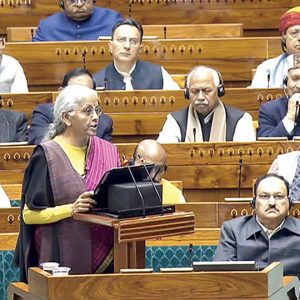Taking pictures of objects with a camera dates back to 1816 when the inventor of the world’s first camera was partially successful in producing what later came to be described as a photograph. However, before the development of the photographic camera, it had been known for hundreds of years that some substances such as silver salts darkened when exposed to sunlight exclusively. Photography witnessed rapid advances over a hundred-plus years until not too long ago the conventional camera gave way to the handy mobile phone incorporating digital technology making it possible to produce not only images of objects but also store and transmit words as well as sound, without the need for cable. To cut a long story short, unless a third party was required to take pictures of oneself, as is familiar to all users of mobile phones, one can take one’s own pictures, heralding the emergence of selfie. In a certain sense, taking pictures is a selfish activity of sorts. In an extended sense, selfishness, which used to be a hidden quality is now-a-days an openly displayed character of masses.
Selflessness, unarguably is a bad word in today’s world. While well-meaning public speakers addressing their captive listeners take fancy to prescribe eschewing self-centred attitude, the run of the mill parents make sure by personal example that their children will have everything to gain if they zealously protect their possession without sharing. The much-avowed outlook of treating all people without discrimination on grounds of class differences such as rich or poor, following other faiths, speaking diverse tongues, attire and so on has worn out in the land virtually resulting in the country hosting an estimated 135 crore individuals focussed on self-serving pursuits. In this backdrop, to come across citizens committing themselves to spare their energies, resources, time and thoughts for common good necessitates hard searching as it were. There is evidence that the society still is guided by role models in the form of voluntary groups such as satsangs propagating the message of doing good in an unrestricted manner through awareness-creating campaigns. However, it is conjecture to infer that their influence on people is not quite strong.
In a democracy, diversity and dissent cannot be dealt with like in dispensations marked by regimentation. Mentors in society are a sure hope to bring about a makeover from the culture of individual interests to one of pursuing common good. As the Bard wrote, there is always hope in human breast.








Recent Comments